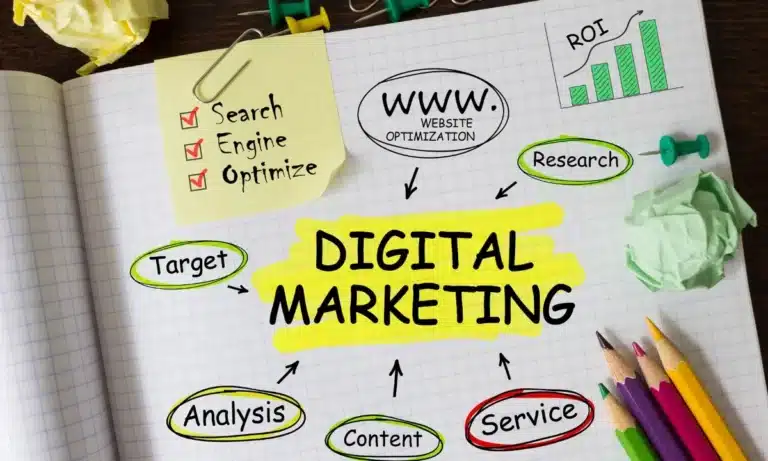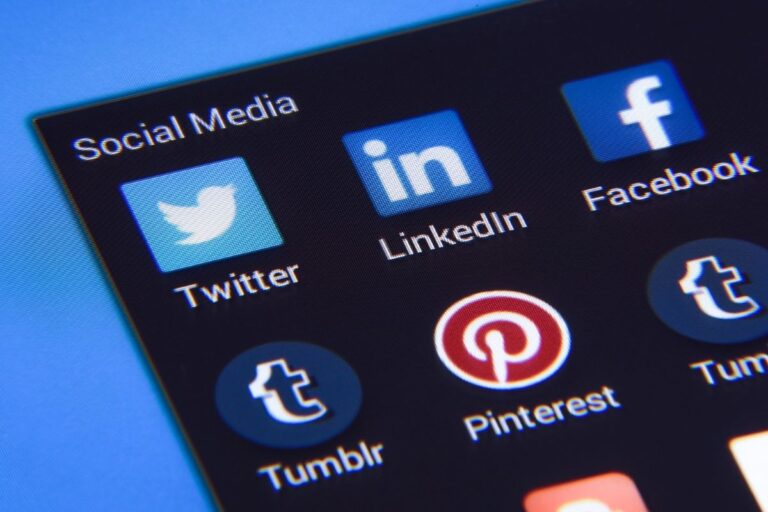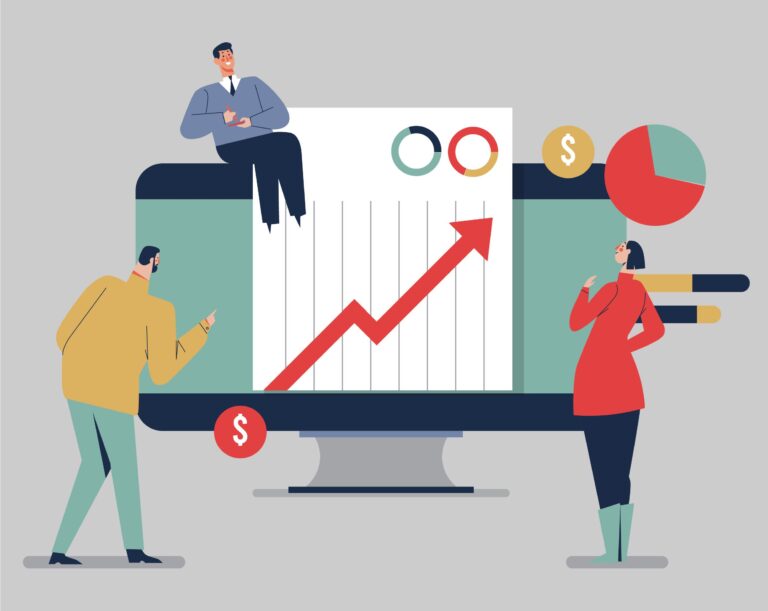Digital marketing has transformed the way businesses connect with customers. Today, companies can “target like a laser,” reaching precise audiences with carefully crafted messages that lead to engagement, conversion, and loyalty. But what does it take to succeed in digital marketing? This article explores essential digital marketing strategies, how targeting works, and the key tactics that make campaigns effective.
What Does “Target Like a Laser” Mean?
“Target Like a Laser” refers to focusing your marketing on a well-defined audience. Rather than trying to reach everyone, you zero in on those most likely to convert. This is done through data analysis, audience segmentation, and personalization, which help you deliver the right content to the right people at the right time.
Why is Precision Targeting Important?
Focusing on a specific audience offers several benefits:
- Higher Conversion Rates: When your message is tailored to a specific group, it resonates better, leading to more conversions.
- Cost Efficiency: Targeting a defined group reduces the waste of resources on broad, unfocused campaigns.
- Better Customer Experience: Personalized content creates a more meaningful connection with customers.
- Standing Out in Competition: A laser-focused approach helps you cut through the clutter in the crowded digital space.
Steps to Implement Laser-Targeted Marketing
Here’s how to apply precision targeting in your digital marketing:
- Audience Segmentation: Break your audience into smaller, defined groups based on factors like age, interests, and behaviors. This helps you understand and cater to the specific needs of each group.
- Use Data to Inform Decisions: Data analytics tools like Google Analytics or CRM platforms show you how customers interact with your brand. This information helps you refine your approach for each segment.
- Personalization: Deliver tailored messages and content that align with each customer’s interests. Personalizing the experience makes your marketing more relevant and engaging.
- Targeted Advertising: Platforms like Google and Facebook offer precise ad targeting based on location, interests, and browsing habits. These tools ensure your ads reach the right people.
- Retargeting: Retargeting ads remind users of your brand after they’ve visited your site but haven’t converted. This strategy increases the likelihood of bringing them back to complete a purchase.
Benefits of Laser-Targeted Marketing
Adopting this approach can lead to several advantages:
- Better ROI: Targeted marketing maximizes the effectiveness of your budget, leading to higher returns.
- Customer Retention: Personalization builds stronger relationships with customers, encouraging repeat business.
- Stronger Brand Reputation: Delivering relevant content improves your credibility and makes your brand more trustworthy.
- Improved Campaign Results: Targeted campaigns lead to better engagement and more successful outcomes.
Audience Segmentation in Digital Marketing
- What is segmentation: Divides a large audience into smaller, focused groups based on common traits.
- Benefits:
- Helps customize messages for each group.
- Increases chances of engagement and conversions.
- Example:
- A fitness brand may target athletes, casual gym-goers, and outdoor enthusiasts with specific messages for each.
Data Analytics for Precision Targeting
- Role of data analytics: Analyzes customer data from online interactions to guide marketing.
- Key metrics: Website visits, email open rates, social media engagement.
- Tools:
- Google Analytics: Tracks website traffic and user behavior.
- CRM software (e.g., Salesforce): Stores customer data for tracking interactions.
- Benefits:
- Helps personalize content.
- Increases campaign relevance and effectiveness.
Targeted Advertising: Pay-Per-Click (PPC) and Social Media Ads
- PPC ads: Bids on keywords to display ads on search engine results pages.
- Benefit: Reaches users actively searching for related terms.
- Social media ads: Platforms (e.g., Facebook, Instagram) allow advanced targeting.
- Targeting options: Demographics, interests, behaviors.
- Example: A luxury skincare brand shows ads only to users interested in beauty/wellness.
Email Marketing and Personalization
- Importance of email marketing: Highly effective for direct engagement with personalized messages.
- Personalization:
- Uses customer data like purchase history and browsing behavior.
- Creates specific, relevant offers for individual customers.
- Example:
- A customer who viewed laptops receives follow-up emails with laptop accessories.
- Impact: Personalized emails can generate six times higher transaction rates than generic emails.
SEO and Content Marketing: Building Long-Term Visibility
- SEO (Search Engine Optimization): Optimizes content for specific keywords, improving search rankings.
- Content marketing:
- Provides relevant and valuable content to engage specific audiences.
- Builds authority and attracts organic traffic over time.
- Example:
- Outdoor gear company publishes articles on hiking and camping tips, attracting outdoor enthusiasts.
- Benefit: Reinforces the brand’s industry position and attracts relevant website visitors.
Conclusion: Why Precision Targeting Matters
Future outlook: As digital tools evolve, laser-focused targeting will become even more essential for marketing success.
Precision targeting: Helps businesses maximize marketing impact and return on investment.Builds meaningful customer connections.
Techniques: Audience segmentation, data analytics, PPC, social media, email personalization, and SEO.







